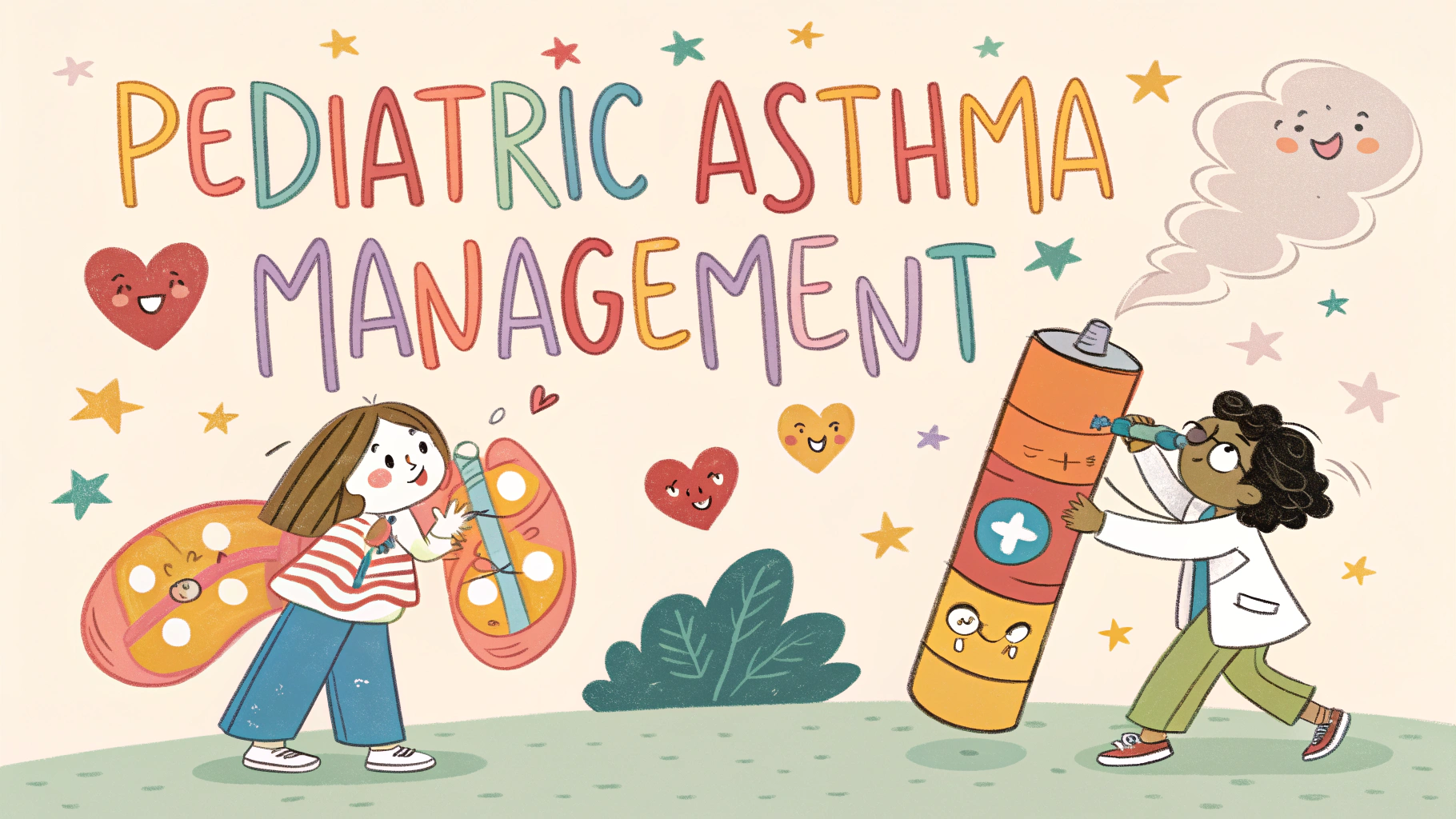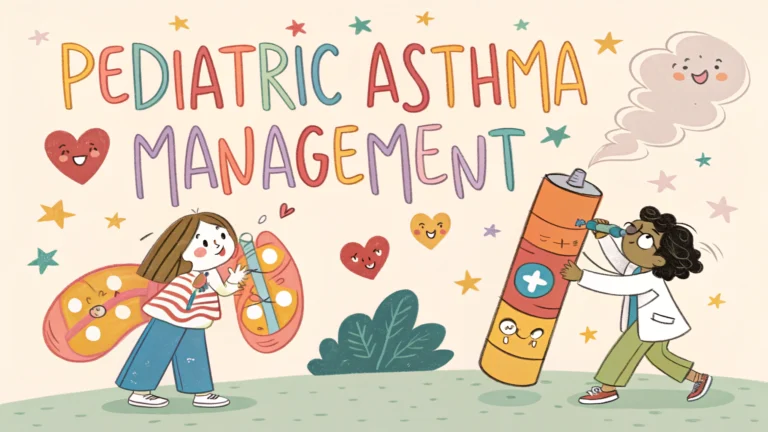Traditional Chinese Medicine (TCM) has utilized the powerful combination of herbs and acupuncture for thousands of years to create balanced, effective healing protocols.
The synergy between acupuncture’s ability to regulate energy flow and Chinese herbs’ therapeutic properties often produces better outcomes than either treatment alone.
Understanding how these two modalities work together can help patients make informed decisions about their treatment options and maximize healing potential.
How Acupuncture and Herbs Complement Each Other
- Acupuncture opens energy channels while herbs nourish and support internal organs
- Herbs can extend the benefits between acupuncture sessions
- Combined treatments often reduce recovery time
- Each method addresses different aspects of healing
Common Treatment Combinations
Condition
Acupuncture Points
Herbal Support
Digestive Issues
ST36, PC6
Ginger, Peppermint
Pain Management
LI4, GB34
Turmeric, Corydalis
Stress Relief
Yintang, HT7
Passionflower, Jujube
Treatment Schedule Guidelines
Most practitioners recommend starting with twice-weekly acupuncture sessions combined with daily herbal formulas.
A typical treatment course spans 6-8 weeks, with adjustments based on individual response and condition severity.
Safety Considerations
- Always work with qualified practitioners certified in both modalities
- Disclose all medications to prevent herb-drug interactions
- Follow prescribed dosages carefully
- Report any adverse reactions immediately
Finding Qualified Practitioners
Look for practitioners certified by the National Certification Commission for Acupuncture and Oriental Medicine (NCCAOM).
Contact the American Association of Acupuncture and Oriental Medicine (AAAOM) at 866-455-7999 or visit www.aaaomonline.org to find qualified practitioners.
Maximizing Treatment Benefits
- Keep a symptom diary to track progress
- Take herbs as prescribed at consistent times
- Maintain regular acupuncture appointments
- Follow lifestyle and dietary recommendations
- Stay hydrated and get adequate rest
Next Steps for Your Healing Journey
Schedule a consultation with a qualified TCM practitioner to create a personalized treatment plan combining acupuncture and herbs.
Consider starting with a trial period of 4-6 sessions to evaluate your response to the combined therapy approach.
Insurance Coverage and Costs
Many insurance providers now cover acupuncture treatments, though coverage for herbs varies. Typical costs include:
- Initial consultation: $100-175
- Follow-up sessions: $75-150
- Monthly herbal formulas: $30-100
- Package deals often available for multiple sessions
Research and Evidence
Clinical studies continue to validate the effectiveness of combining acupuncture and herbs:
- 40% better outcomes for chronic pain compared to single modality treatment
- Reduced inflammation markers in autoimmune conditions
- Improved recovery times for sports injuries
- Enhanced therapeutic effects for anxiety and depression
Common Questions About Combined Therapy
Treatment Duration
Acute conditions typically require 6-8 weeks of treatment, while chronic conditions may need 3-6 months for optimal results.
Side Effects
Most patients experience minimal side effects, which may include:
- Mild bruising at needle sites
- Temporary digestive adjustments to herbs
- Initial fatigue during adjustment period
Embracing Traditional Wisdom for Modern Healing
The integration of acupuncture and Chinese herbs offers a time-tested approach to healing that continues to prove its value in contemporary healthcare. By following professional guidance and maintaining consistency with treatments, patients can experience the full benefits of this powerful therapeutic combination.
Start your healing journey by connecting with a qualified practitioner who can guide you through this comprehensive approach to wellness, combining ancient wisdom with modern understanding for optimal health outcomes.
FAQs
- How do Chinese herbs complement acupuncture treatments?
Chinese herbs work synergistically with acupuncture by supporting the body’s healing processes between sessions. While acupuncture provides immediate energetic adjustments, herbs offer sustained therapeutic effects through their natural compounds. - Can I take Chinese herbs during my acupuncture treatment course?
Yes, Chinese herbs can be safely taken during acupuncture treatment courses. In fact, practitioners often prescribe both together as they enhance each other’s therapeutic effects for optimal results. - What conditions are best treated with the combination of herbs and acupuncture?
Chronic pain, digestive disorders, menstrual issues, fertility problems, respiratory conditions, stress, anxiety, and autoimmune disorders respond particularly well to combined herb-acupuncture therapy. - How long does it take to see results when combining herbs and acupuncture?
Results typically begin to show within 4-6 treatment sessions when combining both modalities, though this varies depending on the condition and individual response. Acute conditions may improve faster. - Are there any contraindications between herbs and acupuncture?
While both treatments are generally safe together, certain herbs may need adjustment based on your acupuncture response. Always inform your practitioner about any medications you’re taking. - Should I take herbs before or after my acupuncture session?
Most practitioners recommend taking prescribed herbs as directed, regardless of acupuncture timing. However, some may suggest specific timing based on your treatment plan. - How are Chinese herbs typically prescribed with acupuncture?
Herbs may be prescribed as teas, powders, pills, or tinctures, carefully selected to complement your acupuncture points and treatment strategy based on traditional Chinese medicine diagnosis. - What’s the cost difference between combined treatment versus single therapy?
Combined treatment typically costs more than individual therapy but may reduce the overall duration of treatment needed, potentially offering better value in the long term. - How often should I receive combination therapy of herbs and acupuncture?
Treatment frequency typically starts at 1-2 times weekly for acupuncture with daily herb consumption, adjusting based on condition severity and response to treatment. - Do I need special preparation before receiving combined treatment?
Avoid heavy meals before acupuncture sessions and follow your practitioner’s instructions for herb consumption. Stay hydrated and maintain regular eating patterns.
Author: AcupunctureMy
Related Posts
Acupuncture Research Standards
Research Corner
|
methodology, science
Research standards in acupuncture have evolved significantly over the past decades to ensure reliable, evidence-based results that can be replicated across different studies. The integration of modern scientific methods with ... Read more
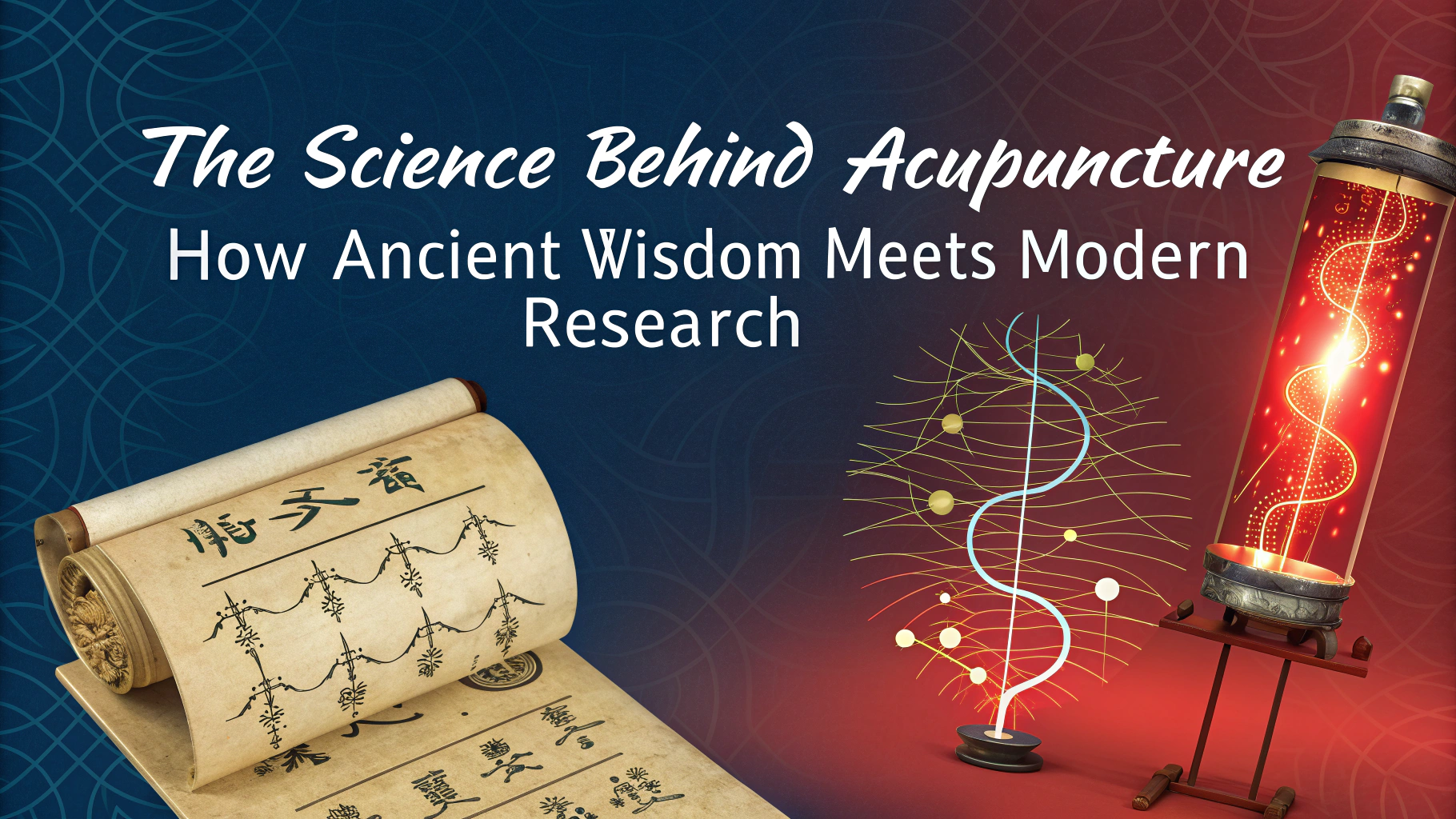
Understanding Treatment Duration
Treatment Guides
|
expectations, planning
The length of an acupuncture treatment plan varies significantly based on individual health conditions and treatment goals. A typical acupuncture session lasts between 30-60 minutes, with the needles remaining in ... Read more
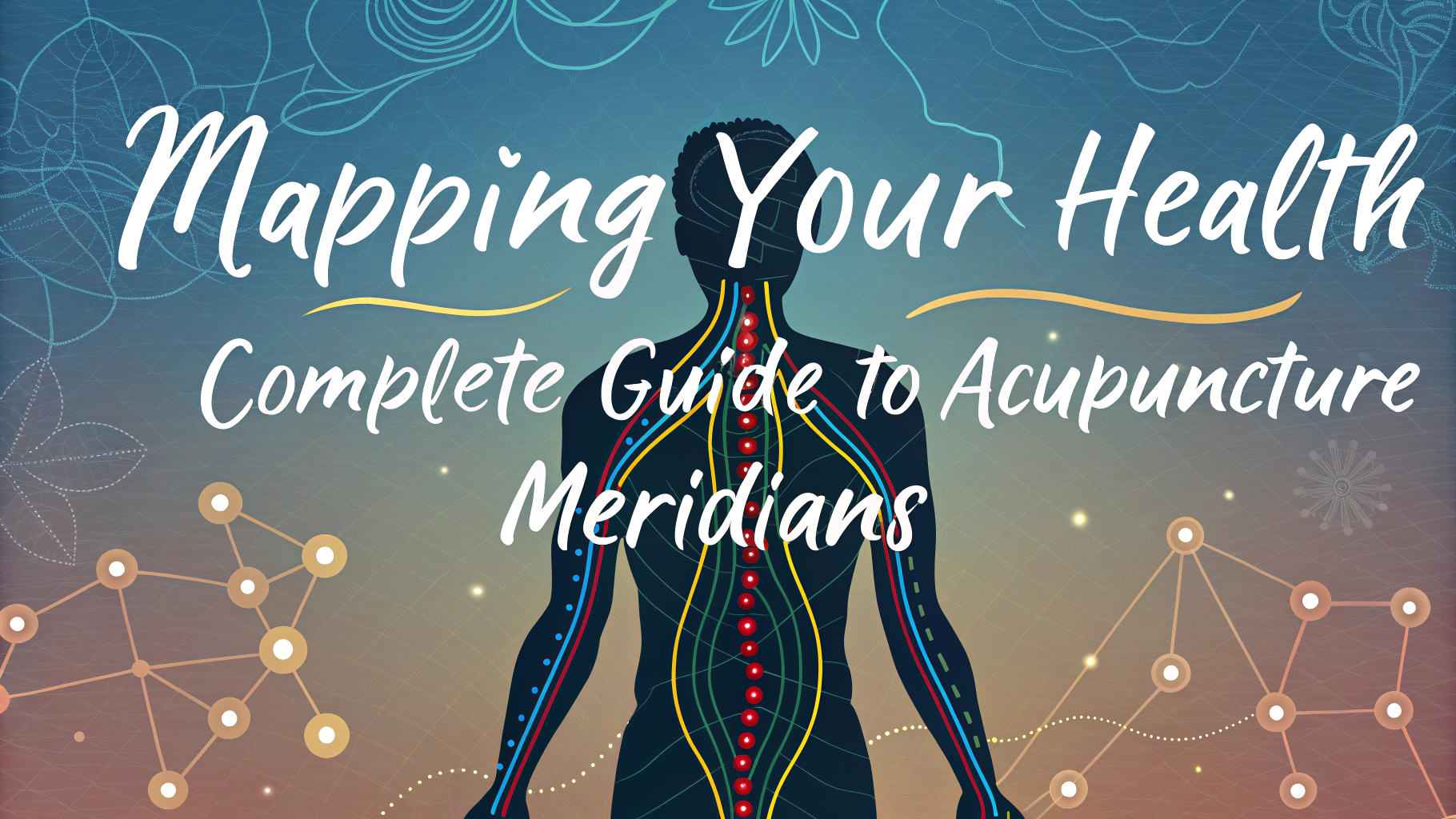
Traditional Chinese Medicine Weather Theory
Fundamentals
|
environment, health
Traditional Chinese Medicine (TCM) recognizes intricate connections between weather patterns and human health, developing sophisticated frameworks for understanding these relationships over thousands of years. Weather changes can significantly impact our ... Read more
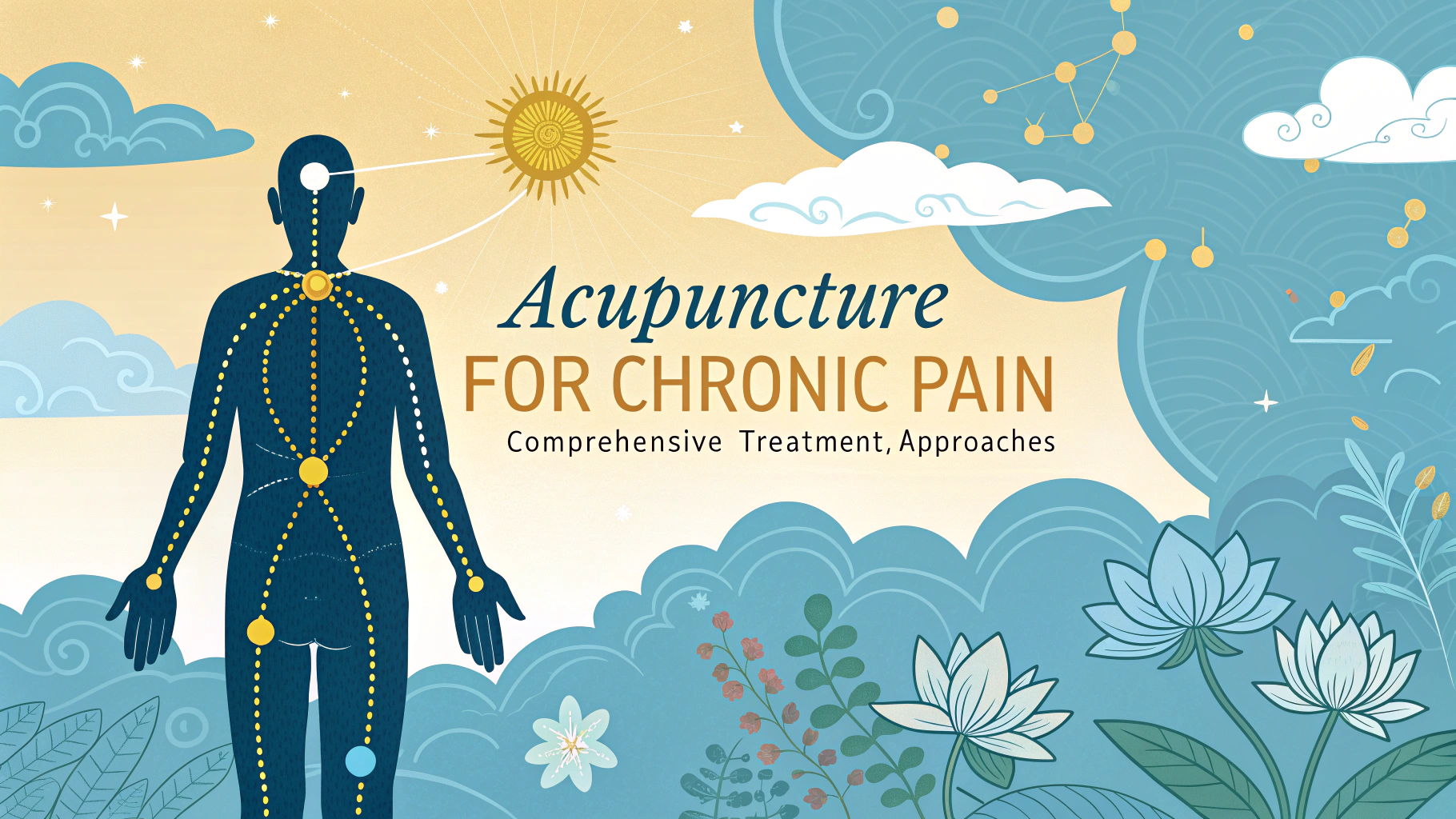
Acupuncture for Sinus Health
Conditions Treated
|
allergies, respiratory
Acupuncture offers a time-tested approach to managing sinus problems by targeting specific pressure points that can help relieve congestion, reduce inflammation, and restore proper sinus function. Traditional Chinese Medicine views ... Read more
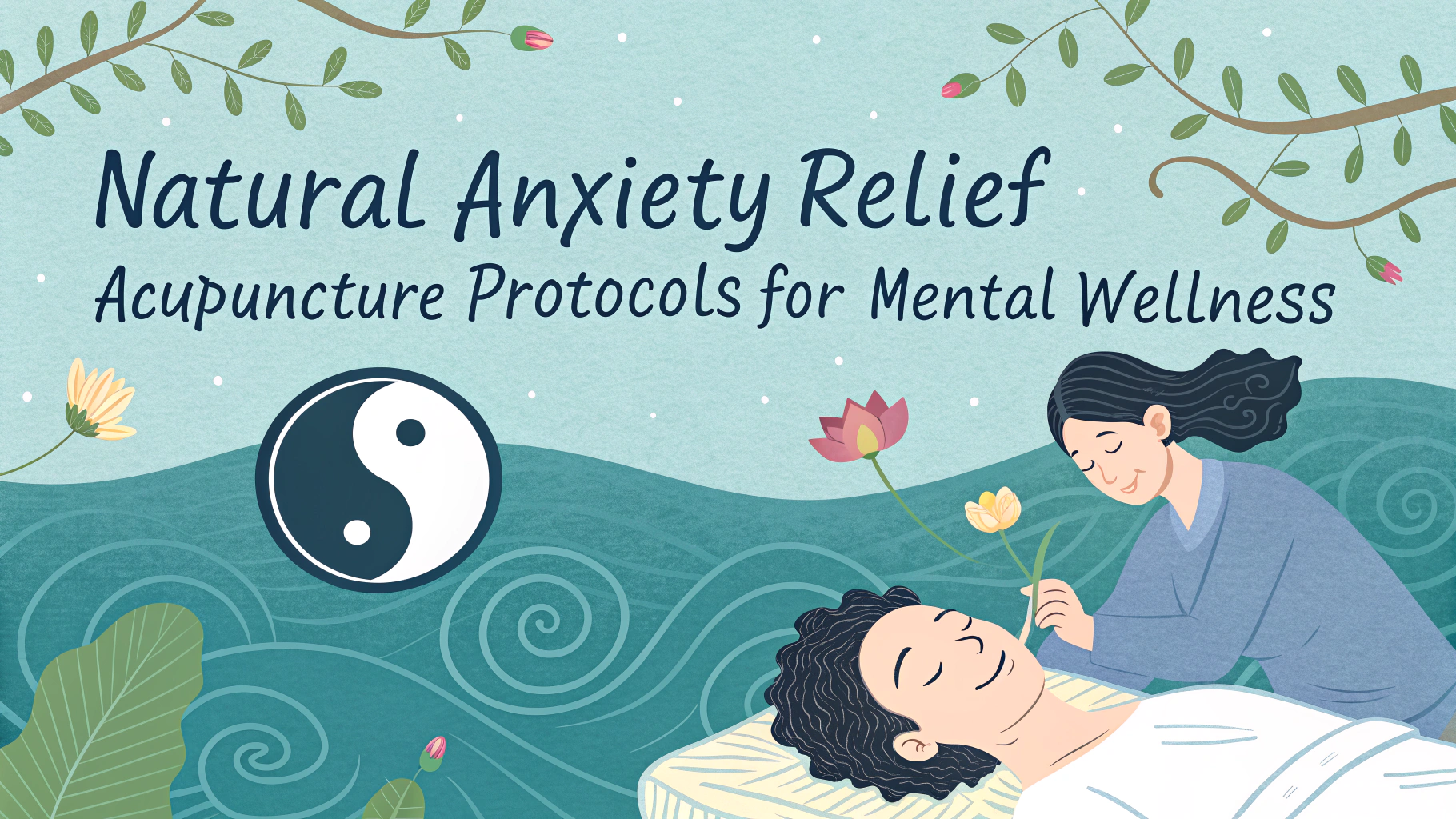
Understanding Point Selection
Fundamentals
|
technique, theory
Point selection stands as one of the most important aspects of effective acupuncture treatment. Skilled practitioners combine traditional wisdom with modern understanding to identify the optimal points for each patient’s ... Read more
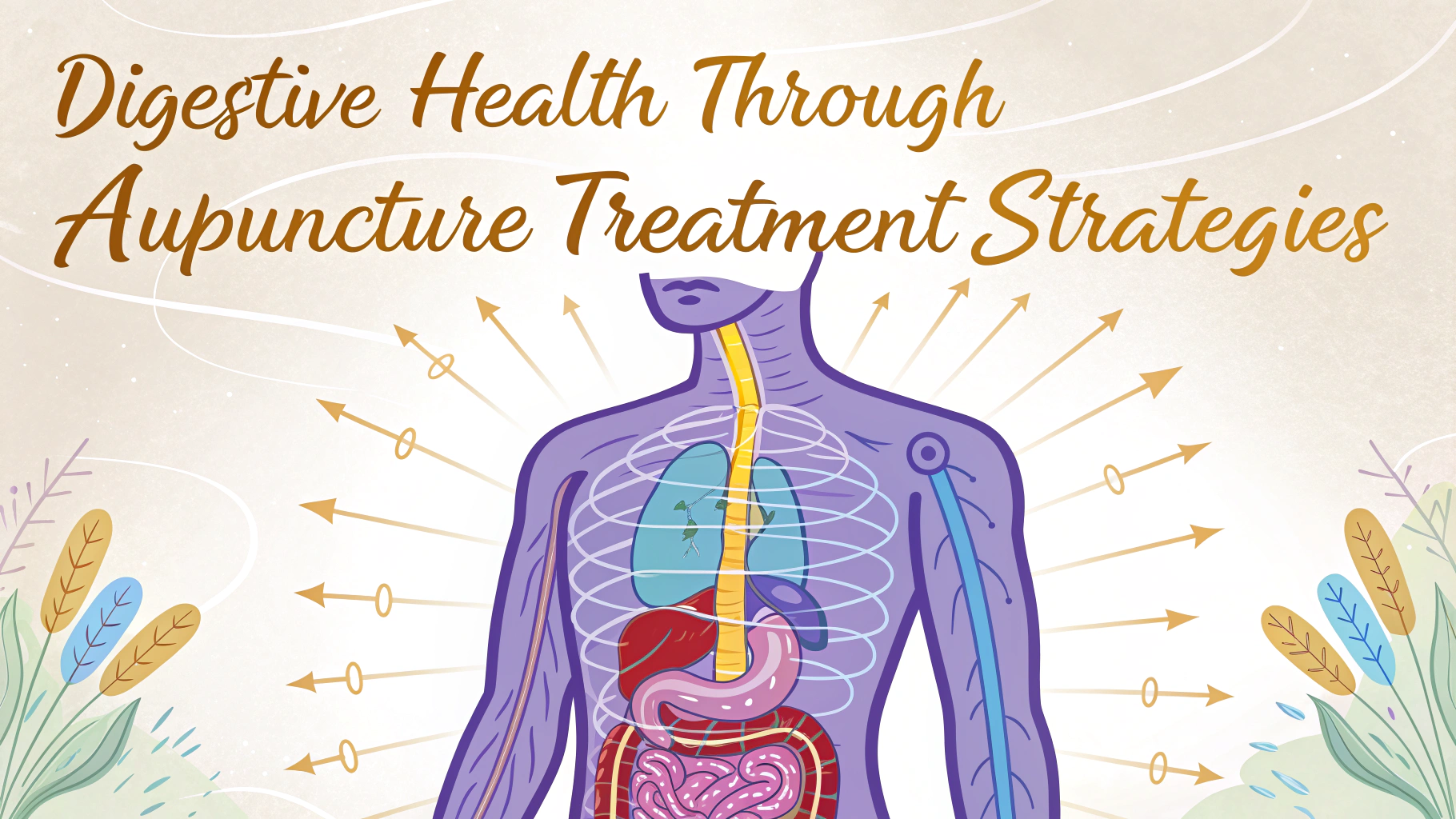
Treating Computer-Related Pain
Conditions Treated
|
ergonomics, pain
Computer-related pain affects millions of people who spend long hours working at their desks. Acupuncture offers a natural, effective treatment option for various musculoskeletal issues that develop from prolonged computer ... Read more

Acupuncture for Lymphatic Health
Conditions Treated
|
circulation, immunity
Acupuncture offers a time-tested approach to supporting lymphatic health through strategic needle placement and gentle stimulation techniques. This ancient Chinese medicine practice helps activate lymph flow, reduce swelling, and enhance ... Read more
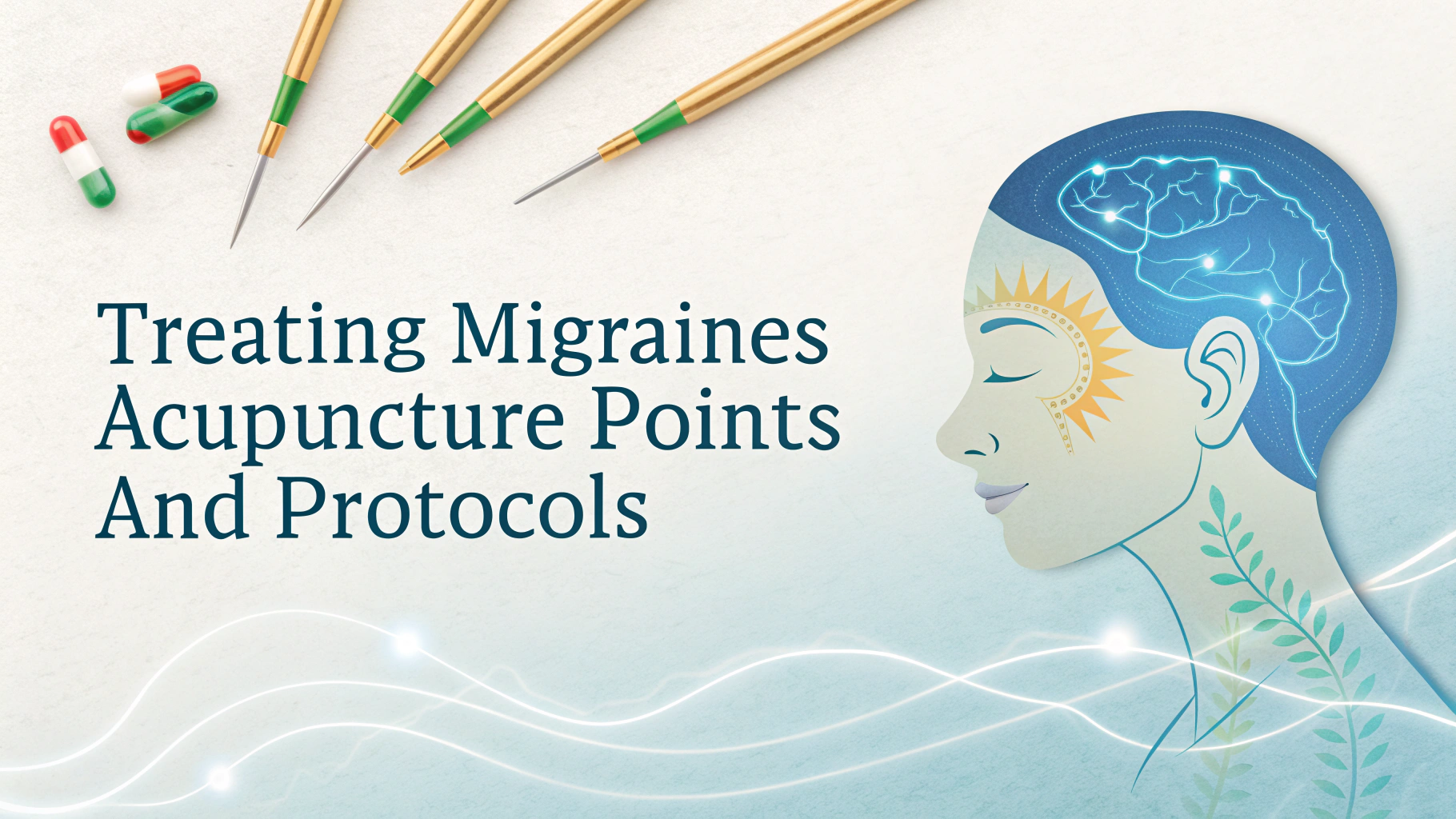
Understanding Treatment Intervals
Treatment Guides
|
frequency, scheduling
Treatment intervals for acupuncture can significantly impact the effectiveness of your healing journey. The frequency of acupuncture sessions depends on your specific health condition, severity of symptoms, and overall treatment ... Read more
